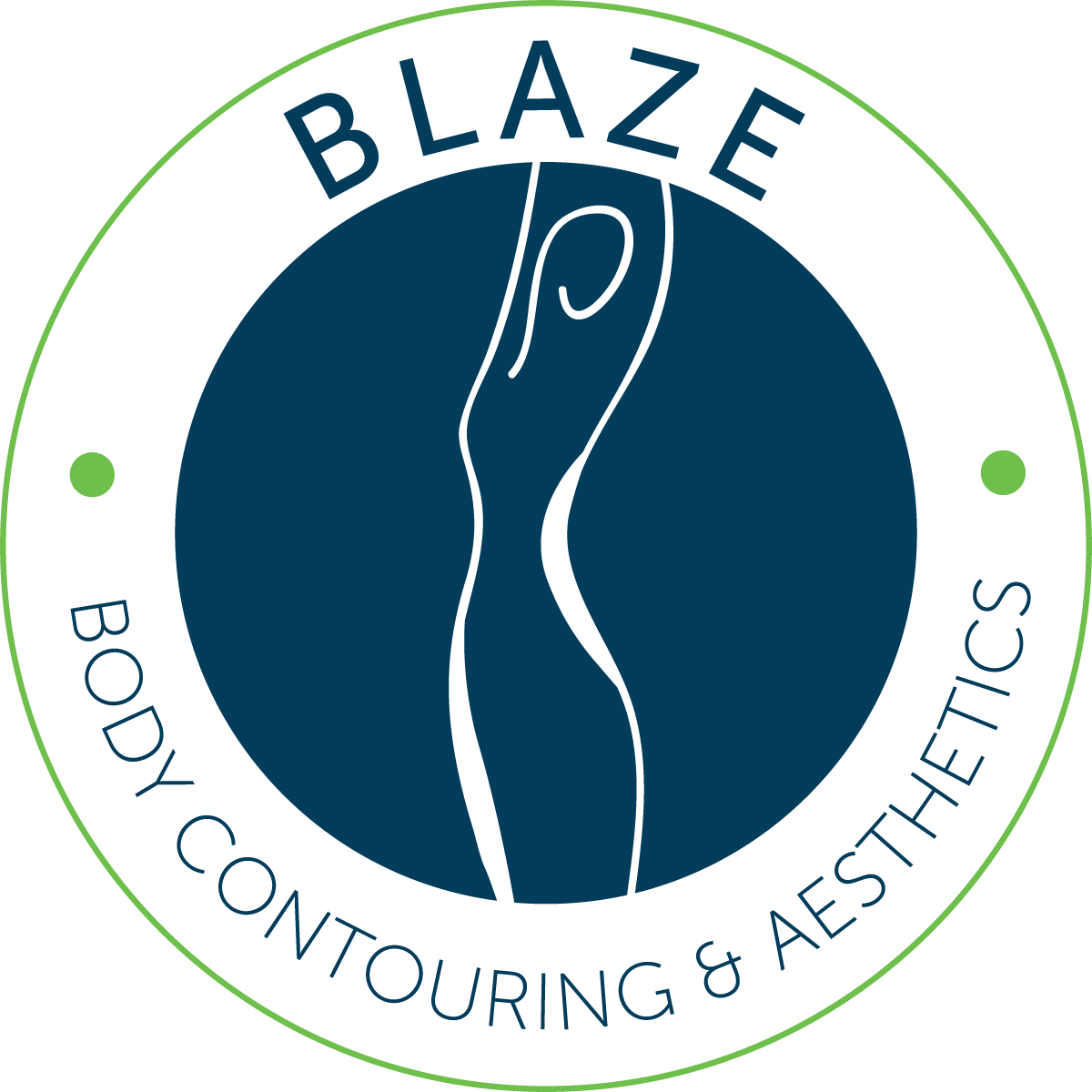Is it your metabolism? Here’s the link between metabolism and body weight.
When people talk about shedding pounds, they may often talk about metabolism and weight. You burn calories differently than the person sitting next to you, and metabolism is central to the reason why.
How Do We Gain Weight? How Do We Lose Weight?
Energy balance is a complicated process that is made up of many factors. Whether we gain, lose or maintain body weight is largely dependent upon three things:
What Is Metabolism? How Are Metabolism and Weight Linked?
Metabolism describes the physical and chemical processes that happen naturally in our bodies in order to sustain life. This process also provides the energy we need for tissue repair, digestion, breathing, thinking, laughing, activity, etc. During this process, some of the nutrients we consume are broken down and moved around the body to provide energy and some are combined (synthesized) to help build new cells.
Metabolism is generally measured in calories. There are some average calorie requirement based upon a person’s body weight and activity level, but every person’s metabolism is different. In order to manage body weight and have enough energy for exercise, it’s helpful to understand your unique daily caloric requirements.
These different requirements can be broken down into:
Unless you are an Olympic or professional athlete or train constantly, about 70% of the calories you burn each day are used to maintain the essential life processes mentioned above. This is called your resting metabolic rate (RMR). RMR is the number of calories your body will require to keep alive if you just sat on the couch all day.
If you don’t just sit on the couch all day, you will burn additional calories through movement, activity and exercise. For many of us, this makes up about 30% of our total daily calorie expenditure.
What Determines Resting Metabolic Rate?
Metabolism and daily caloric needs are generally determined by:
Genetics — Some people naturally have a higher metabolism.
Age — After age 40, metabolism tends to drop about 5% each decade.
Gender — Men tend to burn more calories than women.
Height — Taller people tend to have a higher metabolism than shorter individuals.
Body Composition — Those with more muscle or more body weight tend to have a higher resting metabolism than thin people.
Activity — The more your move, the higher your RMR.
Environment — Temperature extremes can also influence RMR. Winter athletes, for example, burn more calories by exercising in cold temperatures.
How Do You Measure Resting Metabolic Rate?
The About.com Walking Site has a calorie per day calculator that provides an estimate of RMR and activity calories.
Some athletes opt for a more precise measurement with indirect calorimetry using a metabolic analyzer, however, most of the estimates for RMR have been shown to be very close to the results obtained with more specific testing.
What Is Exercise Metabolic Rate?
Just as we all have a slightly different resting metabolic rate, we all have a different exercise metabolic rate (EMR) as well. We have different energy needs during certain forms of exercise and respond differently at various intensity and duration. For athletes trying to conserve energy, as well as those trying to burn more calories, it’s helpful to know your body’s exercise metabolic rate. By knowing your EMR, you can customize your training program to improve performance, lose weight, conserve energy, and prevent overtraining or chronic injuries.
How Do You Measure Exercise Metabolic Rate?
Most exercise metabolic tests measure VO2, VCO2 (volume of carbon dioxide exhaled), and heart rate during various exercise intensities. The results can help an athlete determine optimal pacing for an event or optimal calorie burning for weight lose.
These tests are becoming more common at local fitness training clinics and health clubs. If you are interested in having an exercise metabolic test performed, check with your local sports medicine clinic or fitness center. One leading manufacturer of VO2 testing equipment and protocols, New Leaf, provides and online database for their authorized partners. Just enter your zip code and find out who, near you, offers this testing.
Keep in mind that even if you know all the statistics and data about your individual metabolism at rest and during exercise, the only real way to get in great shape, lose weight and build muscle is still with proper training and basic sports nutrition.
https://www.verywell.com/the-link-between-metabolism-and-weight-3120103

Comments are closed